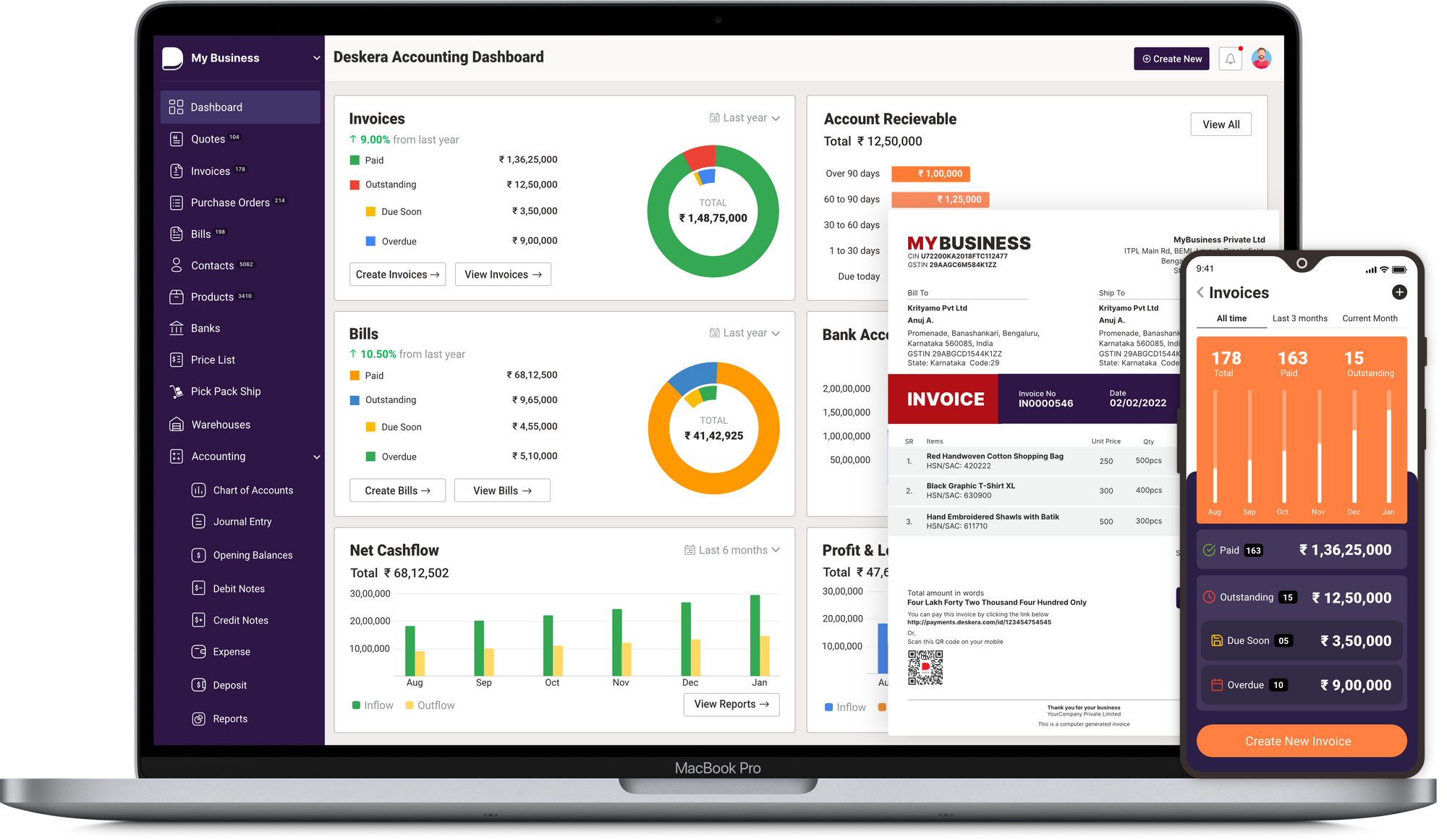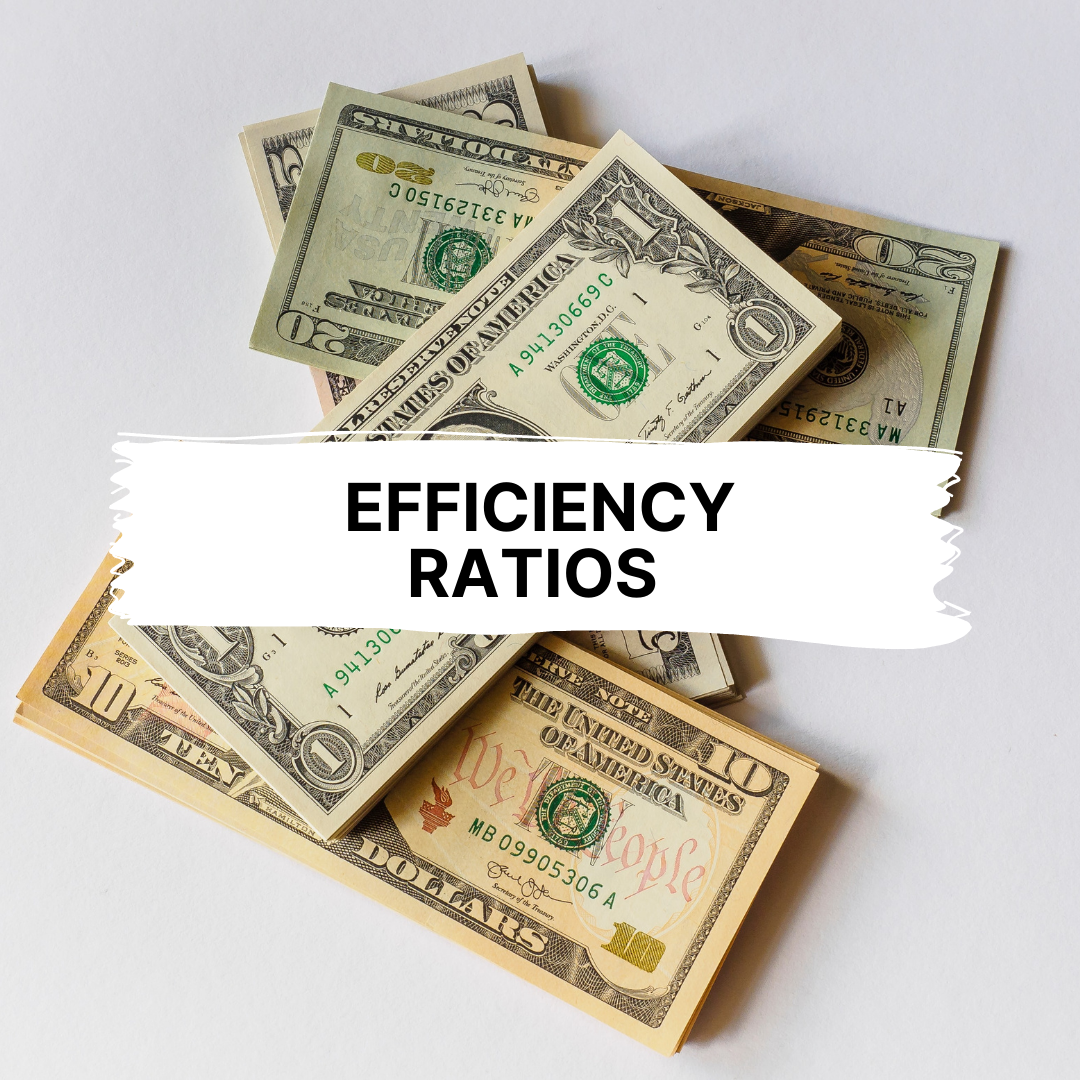Have you ever been denied an SBA loan? Don't worry; you may still have a chance to get the loan. With the SBA loan reconsideration email, you can request that your application be reconsidered.
The Small Business Administration (SBA) is integral to the U.S. economy and provides the necessary capital to countless small businesses. As a small business owner, you know that SBA loan reconsideration emails can be a great way to get the money you need to get your business up and to run.
With some tenacity and research, you can still get your loan approved through the SBA loan reconsideration email process. First, it is essential to understand precisely what an SBA loan reconsideration email is and how it works.

The SBA Loan Reconsideration email is a formal request to the SBA to reevaluate a previously denied loan application. The request must include a detailed explanation of why the loan should be reconsidered and a copy of the original loan application and supporting documentation. The email should also have a request for an expedited review.
This article will take you through how to write a successful email to give you the best chance of reconsidering your loan. So, if you're ready to start your journey to success, keep reading!
Here’s what we shall cover in this post:
- What is an SBA Loan?
- What is SBA Loan Reconsideration?
- What Happens When You're Denied an SBA Loan?
- How Do You Start the SBA Reconsideration Process?
- SBA Loan Reconsideration Email Template
- 5 Benefits of Sending an SBA Reconsideration Email
- Conclusion
- Key Takeaways
What is an SBA Loan?
An SBA loan is offered by the Small Business Administration (SBA). It is designed to help small businesses obtain the financing they need to start or expand their operations. The SBA does not directly lend money to businesses. Instead, they guarantee a portion of the loan to the lender, reducing the risk of the loan and making it easier for companies to qualify.
- The SBA offers several loan programs, including the 7(a) loan, the 504 loans, and the microloan program. Each of these loan programs has different terms and eligibility requirements.
- The 7(a) loan is the most popular SBA loan. It is designed to help small businesses cover working capital and other expenses, such as purchasing equipment or real estate. The maximum loan amount for a 7(a) loan is $5 million.
- The 504 loan program is designed to help businesses purchase capital assets, such as real estate or equipment. The maximum loan amount for a 504 loan is $5.5 million.
- The microloan program is designed to help businesses with smaller loan amounts. The maximum loan amount for a microloan is $50,000.
To qualify for an SBA loan, businesses must meet specific requirements. Generally, businesses must demonstrate that they cannot obtain financing from traditional sources, such as banks or credit unions.
Businesses must also meet the size requirements of the SBA. Generally, businesses must have 500 or fewer employees and gross revenues of $7.5 million or less.
In addition to meeting the size requirements, businesses must demonstrate that they can repay the loan. The SBA requires businesses to provide financial statements, tax returns, and other documents to demonstrate their financial health.
- The SBA also requires businesses to provide collateral to secure the loan. Collateral can include real estate, equipment, inventory, or other assets.
- The terms of an SBA loan vary depending on the loan program. Generally, loans have a fixed interest rate and a repayment term of up to 10 years.
- The SBA also charges fees for its loan programs. These fees include an up-front guarantee fee, an annual servicing fee, and a closing fee.
- An SBA loan can be an excellent option for small businesses that need financing. The SBA's guarantee makes it easier for businesses to qualify for a loan and get the funding they need to start or expand their operations.
What is SBA Loan Reconsideration?
SBA loan reconsideration is requesting a second review of your loan application.
This process is available to businesses who have been denied an SBA loan and allows them to present additional information or evidence to the SBA in an effort to secure a loan. The SBA will review the new information and decide whether to approve the loan.
What Happens When You're Denied an SBA Loan?
When an SBA loan is denied, the borrower will receive a letter from the SBA stating the reason for the denial. Generally, the most common reasons for denial include the following:
- Insufficient collateral.
- Inadequate cash flow.
- Poor credit history.
- Insufficient experience in the industry.
- A lack of detailed financial records.
Once the borrower receives the denial letter, they should review it carefully to determine its exact reason. It is also important to note that the denial letter should include a list of SBA-approved lenders that may still be willing to provide the loan.
Options for Those Who Are Denied
The borrower should know that the SBA does not guarantee loans and that other options are available if they are denied. These options include:
- Working With an Alternative Lender: Alternative lenders are not affiliated with the SBA but may be willing to provide a loan to the borrower if they meet their requirements. Alternative lenders may offer more flexible terms than the SBA and require less paperwork.
- Improving Qualifications: If the borrower did not meet the requirements for the loan, they might be able to enhance their qualifications. It could include improving their credit score, increasing their collateral, or providing more detailed financial information.
- Applying for Grants: The borrower may be able to apply for grants from the government or private organizations to help finance their business. Grants need not be paid back, but they may have specific requirements.
- Crowdfunding: Crowdfunding is a way for a business to raise money from a large group of people. The borrower can create an online campaign to raise funds from individual donors or investors.
How Do You Start the SBA Reconsideration Process?
The Small Business Administration (SBA) is an agency of the United States government that provides financial assistance, counseling, and training to small businesses. Many small businesses rely on SBA loans to start and grow their businesses. However, the SBA can only accept an application for a loan if it meets the requirements.
If an application is denied, the business owner can request reconsideration from the SBA to have their application reviewed again. This section will provide an overview of the SBA reconsideration process and outline the steps to take in order to submit a request for reconsideration.
Preparing the Request: The first step in the SBA reconsideration process is to prepare the request for reconsideration.
- The request must include the reason the application was denied and any additional information that may help reconsider the application.
- It is essential to have all relevant information and make a strong case for why the reconsideration request should be approved.
Gathering Documentation: The second step in the SBA reconsideration process is to gather documentation that supports the request for reconsideration.
- It may include financial statements, letters of recommendation, and other relevant documents demonstrating why the loan application should be reconsidered.
- It is vital to ensure that all documents are up-to-date and accurate.
Submitting the Request: The third step in the SBA reconsideration process is to submit the request for reconsideration.
- The request should be sent to the same address where the loan application was originally sent.
- Including all relevant documents and information when submitting the request is essential.
Following Up: The fourth step in the SBA reconsideration process is to follow up with the SBA. Once the request has been sent, it is crucial to monitor the request's status and follow up with the SBA if there is no response. It will help ensure that the request is being processed on time.
What Information Will the SBA Need for Reconsideration?
The SBA will need different information depending on the reason for the denial of the initial loan application. Some of the most common information that may be requested includes
- Financial Statements: The SBA may request updated financial statements to demonstrate that the applicant has improved their financial health since the initial application.
- Business Plan: The SBA may also request an updated business plan that contains more detailed information about the business and how the loan will be used.
- Credit History: The SBA may request updated credit history information to demonstrate that the applicant has improved their credit score since the initial application.
- Collateral: The SBA may request additional collateral to secure the loan if the initial application did not include enough.
SBA Loan Reconsideration Email Template
Small Business Administration (SBA) loans are one of small business owners' most important financial resources. They provide access to funds that can be used to expand, purchase inventory, invest in new equipment, and more.
However, an application for a loan may sometimes be denied, leaving the business owner without the necessary resources.
Fortunately, there is a way to appeal a denied loan application: loan reconsideration. This process involves submitting an email to the lender explaining why the loan should be reconsidered and approved. To help business owners craft a successful loan reconsideration email, here is a template that can be used.
Subject: Request for Loan Reconsideration
Dear [Lender Name],
I am writing to request that you reconsider my application for a [loan amount] SBA loan.
I understand that my application was initially denied, but there are several reasons why I should be reconsidered for the loan. [Detail reasons why you should be reviewed for the loan, such as additional evidence of creditworthiness, new collateral, or a change in financial position.]
I believe that my business is an excellent candidate for the loan, and I am confident that I will be able to make all payments on time and in full. I am also willing to provide any additional documentation or information necessary to demonstrate my ability to repay the loan.
I thank you for your time and consideration in this vital matter.
Sincerely,
[Your Name]
[Your Business Name]
[Your Contact Information]
This template allows small business owners to craft an effective email to the lender, increasing their chances of reconsidering and approving the loan application.
If the lender requests additional information or documentation, provide it promptly. With the right approach, loan reconsideration can be a great way to get the funds needed to help a business succeed.
How Long Does It Take To Get Reconsidered?
The answer to this question depends on various factors, including the type of loan you are applying for, the amount of money you seek, and the lender you are working with. Generally, the SBA loan process can take anywhere from two weeks to several months, depending on the complexity of the loan and the lender's procedures.
- The SBA loan process begins with the application. You will need to provide information about your business, its financials, and any collateral you may be offering as security.
- After the application is submitted, the lender will review it and decide if they want to proceed. If they do, they will send an SBA loan package to you for further review and consideration.
- The SBA loan package will include all necessary paperwork and documents to be filled out and returned to the lender. Depending on the complexity of the loan, it can take some time to complete all of the paperwork.
- Once the loan package has been submitted, the lender will need to review it to determine if it is eligible for SBA backing. The lender will then submit the loan to the SBA for review.
- If the SBA approves the loan, the lender will contact you to inform you that the loan has been approved. At this point, you will need to sign the loan documents and submit them to the lender so that they can fund the loan.
5 Benefits of Sending an SBA Reconsideration Email
Sending an SBA Reconsideration Email is an excellent way for businesses to get the attention of the Small Business Administration (SBA) and increase their chances of getting the loan they need. This section will look at five benefits of sending an SBA Reconsideration Email.
Personalizing Your Request
One of the primary benefits of sending an SBA Reconsideration Email is that it allows you to personalize your request. Instead of just sending a generic form letter, you can take the time to craft a well-written, personalized email that explains why you need the loan and why you should be approved.
It will show the SBA that you are serious about your application and that you are willing to take the time to explain your situation in detail.
Demonstrating Your Commitment
Another benefit of sending an SBA Reconsideration Email is that it can help to demonstrate your commitment to the loan process.
By crafting a well-written email, you are showing the SBA that you are dedicated to getting the loan and that you are willing to put in the extra effort to make sure your application is successful.
Clarifying Misunderstandings
Sending an SBA Reconsideration Email can also help to clarify misunderstandings about your loan. If the SBA has questions about your application or any information that needs clarification, you can use the email to explain the situation in more detail. It can help to ensure that the SBA fully understands your application and that it is accurate and complete.
Showing Your Knowledge
Sending an SBA Reconsideration Email can also help to demonstrate your knowledge and understanding of the loan process.
By crafting a detailed and well-written email, you are showing the SBA that you have done your research and are familiar with the loan process. It can help to improve your chances of getting approved.
Increasing Your Chances
Finally, sending an SBA Reconsideration Email can increase your chances of getting approved for the loan.
By crafting a personalized and detailed email, you are showing the SBA that you are serious about the loan and that you are willing to put in the extra effort to make sure your application is successful. It can increase your chances of getting approved and getting the loan you need.
Tips for Streamlining the Process
The Small Business Administration (SBA) reconsideration process can be lengthy and complicated. To ensure the best outcome for your business, it is vital to understand the process and follow some tips for streamlining it. Here are seven tips for streamlining the SBA reconsideration process.
- Be Prepared: The first step in streamlining the SBA reconsideration process is to be prepared. Make sure you have all the necessary documents and information ready to submit. It includes copies of your business plan, financial documents, tax returns, bank statements, and other relevant information. Being prepared will save time and energy when submitting your application.
- Know the Requirements: Before you begin the reconsideration process, make sure you are familiar with the requirements. The SBA has specific guidelines for each type of loan, and you should ensure you understand these requirements before submitting your application. Being familiar with the requirements will help you avoid any mistakes that could delay the reconsideration process.
- Follow Instructions: When submitting your application, follow all instructions given by the SBA. It includes filling out the application accurately and entirely and providing all the necessary documents and information. Follow instructions to ensure the timely processing of your application.
- Stay in Communication: Staying in communication with the SBA is also essential. Make sure to update them on any changes to your business plan or financial situation. It will ensure that your application is being processed quickly and efficiently.
- Be Proactive: Being proactive is vital in the SBA reconsideration process. Make sure to follow up with the SBA regularly to ensure that your application is being processed and to answer any questions they may have.
- Be Patient: The SBA reconsideration process can take some time. Be patient and stay in communication with the SBA to ensure the best outcome for your business.
- Stay Organized: It is essential to stay organized throughout the process. Make sure to keep all documents and information in one place and keep track of deadlines and due dates. It will help ensure that the reconsideration process goes as smoothly as possible.
How Can Deskera Assist You?
Whatever the scope of your business, whether large or small, Deskera Books is committed to providing accounting solutions. It allows you to handle all your financial documents, such as invoices, expenses, and all your contacts, in one place, in addition to enabling easy handling of online accounting and invoicing applications.

Sign up now to avail more advantages from Deskera.
Conclusion
The Small Business Administration (SBA) loan reconsideration email program allows small business owners to appeal their loan application denials. This program allows small business owners to submit additional information to the SBA to present a stronger case for loan approval.
It is crucial for small business owners to be familiar with the email program, as it can be a valuable tool for increasing the chances of loan approval. By carefully crafting the email, small business owners can highlight the strengths of their loan application, showcase the merits of their business, and convince the SBA to reconsider their initial decision.
Although the SBA loan reconsideration email may not guarantee loan approval, it is an effective way for small business owners to present a compelling case and provide additional evidence of their creditworthiness.
With effort and careful consideration, small business owners can utilize the email program to increase the likelihood of receiving the loan they need to grow their business.
In conclusion, the SBA loan reconsideration email can effectively obtain additional funding for businesses. With the proper research, preparation, and understanding of the lender's requirements and objections, as well as timing and follow-up, companies can increase their chances of securing the necessary funds.
Key Takeaways
- SBA loan reconsideration is an option for small business owners who have been declined for an SBA loan. Through reconsideration, small business owners can review their applications and make changes that may make them more likely to be approved.
- The first step in the loan reconsideration process is to email the SBA requesting a reconsideration. Be sure to include all relevant information, including the loan application number, the date the loan was denied, and any additional information supporting your financial circumstances.
- Before applying for reconsideration, small business owners should review their initial application to ensure all information is accurate and up-to-date. Additionally, they should ensure their application addresses any questions the lender may have about their business.
- Small business owners should proactively communicate with their lenders during reconsideration. It includes responding to any requests for documents or information on time.
- Applying for an SBA loan can be lengthy, so being patient and staying organized is essential. Small business owners should keep track of all the documents they submit and their conversations with their lenders.
- When applying for loan reconsideration, small business owners should explain why they were initially declined for an SBA loan. They should also explain what changes they have made since then and how these changes will make them more likely to be approved for an SBA loan.
Related Articles












